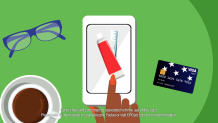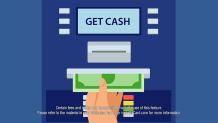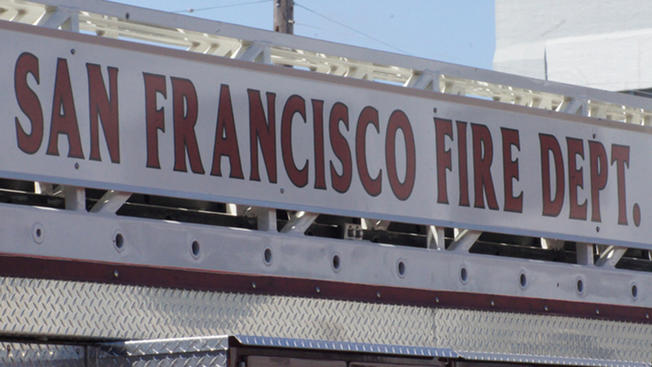Nearly three months after President Trump signed the CARES Act into law, millions of Americans are still waiting for their promised stimulus payment. For some, they may have received it, but unknowingly thrown it away.
Kathy Stokes, Director of Fraud Prevention Programs for the consumer advocate group AARP, says she heard from members who were immediately concerned when they received a debit card in the mail.
“People thought they were a scam letter," Stokes said.
The U.S. government distributed the Economic Impact Payment (EIP) cards in a plain white envelope, marked "Money Network Cardholder Services." You might get one of these cards if you didn't get a stimulus payment by direct deposit or paper check.
So many people have tossed the unremarkable mail in the trash, that the U.S. Consumer Financial Protection Bureau produced this public service announcement to tell people not to trash their stimulus money:
If you think you threw away your card, you can order a replacement by calling 800-240-8100.
Even if they did open the envelope and decided to trust the card inside, Stokes says recipients had good reason to be suspicious when they followed the provided instructions.
Local
"When they tried to activate the card, they had to provide most of their Social Security number -- six digits -- and they’re like, ‘Oh no, AARP tells me not to do that,’” Stokes said.
The confusing envelope and alarming activation aren't the only red flags we've found. In a how-to video on the EIP card website, you might miss the fine print at the bottom:

That text might be a bit hard to read. It says: "Certain fees and costs may be associated with the use of this card. Please refer to the material in your Welcome Packet or visit EIPCard.com for more information."
Want to use the EIP card to get cash at an ATM? The video says you can do that, but again, see the fine print:

Again, the tiny text reads: "Certain fees and costs may be associated with the use of this feature. Please refer to the material in your Welcome Packet or visit EIPCard.com for more information."
There it is, again: "Certain fees and costs."
Congress said it fast-tracked the stimulus bill to get money to families quickly, and kick-start the U.S. economy. But banking middlemen stand to collect some of that stimulus money, with fees. According to the card distributor, they'll take $2 if you use an "out-of-network" ATM more than once. If you try to withdraw the full $1,200 payment one time, you can't. There's a $1,000 ATM per-day limit. Even if you just check the card's balance, you'll be charged $0.25.
This is emergency relief money, so why are there fees in the first place?
We asked the U.S. Department of the Treasury. it told us the fees are part of a broader 2016 contract it signed with the banks that issue the cards.
The National Consumer Law Center (NCLC), a consumer advocacy firm, sees a payday for banks -- at your expense. NCLC Associate Director Lauren Saunders says the fees can catch you by surprise.
"It’s not always obvious to people how they can cash that money out," Saunders said.
Saunders says you can find all the fees in the "card member agreement" that comes with each EIP card.
Better yet, Saunders says you can go to almost any bank or credit union -- even if you don't have an account there -- and get cash, fee-free.
“That’s not always known, but [with] prepaid cards you can go into any Visa member bank and ask for a withdrawal from the teller," Saunders said.
Again, if you haven't received a federal stimulus EIP by direct deposit or check yet, you might be getting paid by debit card. To learn more, visit the IRS Get My Payment website.
If you believe you may have received a debit card but mistakenly threw it away, call 800-240-8100 to get a replacement.
And, if you don't like this middleman setup or the debit card fees, tell your representatives in Congress. Here's how to reach them:
U.S. Sen. Dianne Feinstein
One Post Street, Suite 2450
San Francisco, CA 94104
415-393-0707
Email: https://www.feinstein.senate.gov/public/index.cfm/e-mail-me
U.S. Sen. Kamala Harris
333 Bush Street, Suite 3225
San Francisco, CA 94104
415-981-9369
Email: https://www.harris.senate.gov/contact/email



